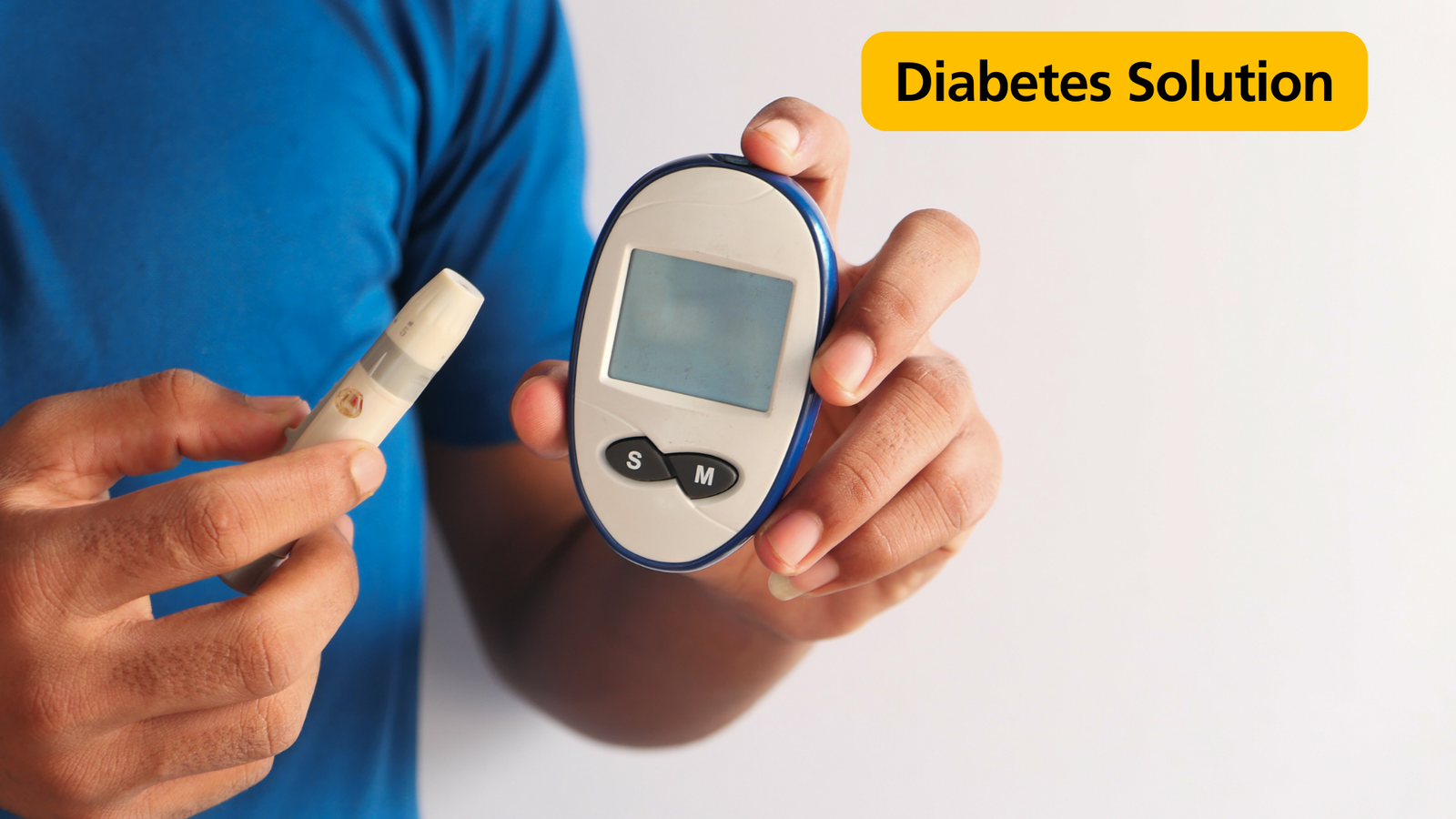Diabetes, a chronic condition affecting millions worldwide, poses significant challenges to those living with it. But amidst these challenges, there are solutions – from conventional treatments to emerging therapies and lifestyle changes. Understanding diabetes and its management is crucial for leading a healthy life while keeping the condition in check.
Understanding Diabetes
Diabetes isn’t a one-size-fits-all condition; it encompasses various types, including Type 1, Type 2, and gestational diabetes. Each type has its own set of causes and symptoms. While genetics and lifestyle factors contribute to diabetes, insulin resistance and insufficient insulin production are common culprits.
Types of Diabetes
- Type 1 Diabetes:
- Often diagnosed in childhood.
- Caused by the immune system attacking insulin-producing cells.
- Type 2 Diabetes:
- Typically develops in adulthood.
- Linked to obesity, sedentary lifestyle, and genetics.
- Gestational Diabetes:
- Occurs during pregnancy.
- Usually resolves after childbirth but can increase the risk of Type 2 diabetes later.
Causes of Diabetes

Diabetes can stem from a combination of genetic predisposition and environmental factors. Insulin resistance, where cells fail to respond to insulin effectively, is a key factor in Type 2 diabetes. In Type 1 diabetes, the immune system mistakenly attacks and destroys insulin-producing cells in the pancreas.
Symptoms of Diabetes
Common symptoms include frequent urination, excessive thirst, unexplained weight loss, fatigue, and blurred vision. However, symptoms may vary depending on the type and severity of diabetes.
Current Treatments for Diabetes
Managing diabetes typically involves a combination of medications, insulin therapy, and lifestyle adjustments.
Medications
Various oral medications and injectables help control blood sugar levels by improving insulin sensitivity, reducing glucose production in the liver, or slowing carbohydrate absorption.
Insulin Therapy
For individuals with Type 1 diabetes or advanced Type 2 diabetes, insulin therapy is essential. It involves injecting insulin to mimic the body’s natural insulin production.
Lifestyle Changes
Healthy eating, regular physical activity, and monitoring blood sugar levels are fundamental to diabetes management.
Challenges in Managing Diabetes

Despite available treatments, managing diabetes can be challenging due to fluctuating blood sugar levels and lifestyle adjustments.
Blood Sugar Monitoring
Regular monitoring of blood sugar levels is crucial for adjusting treatment plans and preventing complications.
Diet and Nutrition
Maintaining a balanced diet with controlled carbohydrate intake is essential. However, sticking to dietary restrictions can be challenging.
Physical Activity
Incorporating regular exercise into daily routines can help improve insulin sensitivity and overall health. However, finding the right balance and avoiding blood sugar fluctuations during exercise is critical.
Emerging Solutions for Diabetes

Advancements in technology, innovative therapies, and holistic approaches offer new hope for better diabetes management.
Advancements in Technology
Continuous glucose monitoring systems and insulin pumps have revolutionized diabetes care, providing real-time data and automated insulin delivery.
Innovative Therapies
Research is ongoing for new medications and treatments targeting insulin resistance, beta-cell function, and other underlying mechanisms of diabetes.
Holistic Approaches
Integrative approaches combining traditional medicine with complementary therapies like acupuncture and mindfulness-based stress reduction show promise in improving overall well-being and diabetes outcomes.
The Role of Diet in Managing Diabetes
Diet plays a crucial role in diabetes management, influencing blood sugar levels and overall health.
Low Glycemic Index Foods
Choosing foods with a low glycemic index can help prevent blood sugar spikes and promote stable energy levels.
Importance of Portion Control
Controlling portion sizes and balancing macronutrients are key strategies for managing blood sugar levels and weight.
Impact of Sugar and Carbohydrates
Limiting refined sugars and carbohydrates can help prevent insulin spikes and improve glycemic control.
Exercise and Diabetes Management

Regular physical activity offers numerous benefits for individuals with diabetes.
Benefits of Regular Exercise
Exercise improves insulin sensitivity, helps control weight, reduces cardiovascular risk, and enhances overall well-being.
Types of Exercise
A combination of aerobic exercises, strength training, and flexibility exercises is recommended for optimal diabetes management.
Precautions
Individuals with diabetes should monitor blood sugar levels before, during, and after exercise, adjust medication doses as needed, and stay hydrated to prevent complications.
Mind-Body Connection in Diabetes
Stress management, quality sleep, and mental well-being play significant roles in diabetes management.
Stress Management
Chronic stress can elevate blood sugar levels, so adopting stress-reduction techniques such as meditation, deep breathing, and yoga is beneficial.
Sleep Quality
Poor sleep can disrupt hormone levels and insulin sensitivity, contributing to diabetes risk and complications. Establishing healthy sleep habits is crucial.
Mental Well-being
Living with diabetes can take a toll on mental health, so seeking support from healthcare professionals, support groups, and loved ones is essential for emotional well-being.

Conclusion
While diabetes presents challenges, numerous solutions exist for effective management. From conventional treatments to emerging therapies and lifestyle interventions, individuals with diabetes have options for leading fulfilling lives while keeping their condition under control.
FAQs
- Can diabetes be cured completely?
- While there’s currently no cure for diabetes, effective management can lead to symptom control and reduce the risk of complications.
- Is it safe for individuals with diabetes to consume fruit?
- Yes, fruits are part of a healthy diet for individuals with diabetes, but it’s important to monitor portion sizes and choose fruits with lower glycemic index values.
- How often should blood sugar levels be monitored?
- The frequency of blood sugar monitoring may vary depending on individual circumstances and treatment plans, but it’s typically recommended to monitor levels several times a day.
- What are the long-term complications of uncontrolled diabetes?
- Uncontrolled diabetes can lead to various complications, including cardiovascular disease, nerve damage, kidney disease, and vision problems.
